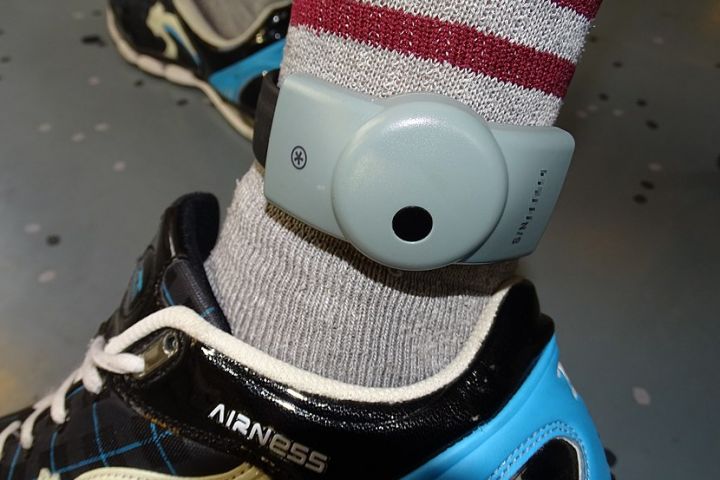A report has found that Electronic Monitoring has increased substantially in the US in all sectors, with some even tripling.
The report, produced by the Vera Institute of Justice’s national American census has found that more than half a million adults are under surveillance nationwide by either the criminal legal system or the immigration system. It also highlighted that more than 150,000 people were under electronic monitoring surveillance ‘at any given time.’
Immigration and Customs Enforcement’s Intensive Supervision Appearance Program (ISAP) accounted for two thirds of the total electronic monitoring. ISAP’s electronic monitoring conditions are particularly dehumanizing and taxing, both physically and mentally, for asylum-seekers. The methods of monitoring vary, including voice reporting and GPS ankle monitoring.
Electronic monitoring is a method of digital surveillance, tracking people’s ‘physical locations or other markers of behaviour,’ to limit an individual’s freedom of movement. It is commonly used as a condition for bail or post-trial supervision e.g. probation, parole, or home detention.
On methods, the report points out that the use of GPS devices has increased thirtyfold between 2005, and the use of mobile phone apps to track and monitor people has raised new areas of concern over the potential compromise of highly personal data.
More than $1.2B was spent on electronic monitoring in 2023, highlighting the huge increase in business for the 11 companies that take up majority of the electronic monitoring market, shifting the burden onto lower income families. The programs, in many jurisdictions, are ‘primarily sustained by user fees.’
Overall, while electronic monitoring is advertised as an alternative to incarceration and hailed for its effectiveness in reducing recidivism and prison overcrowding, the report underscores that it may expand mass incarceration and create ‘harm for directly impacted people and their loved ones.’ These concerns are worsened by the knowledge that electronic monitoring is ‘deeply entrenched’ in the criminal legal systems.







